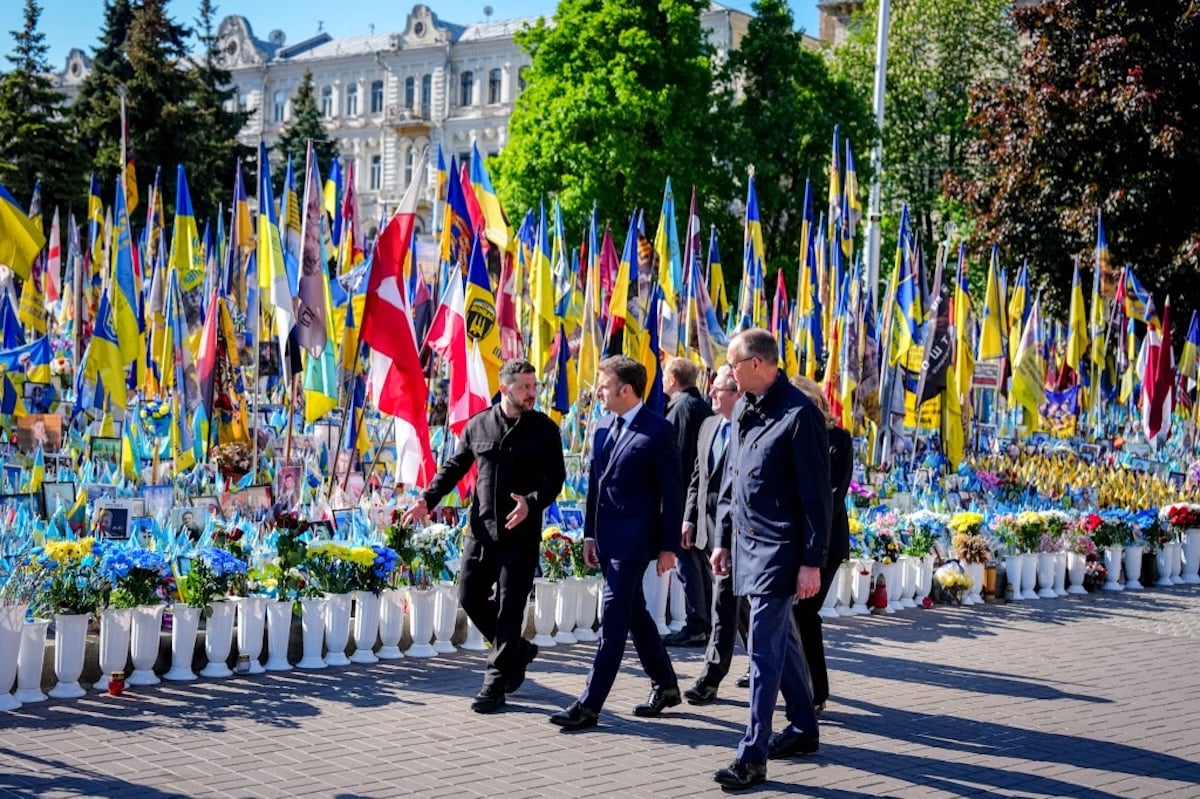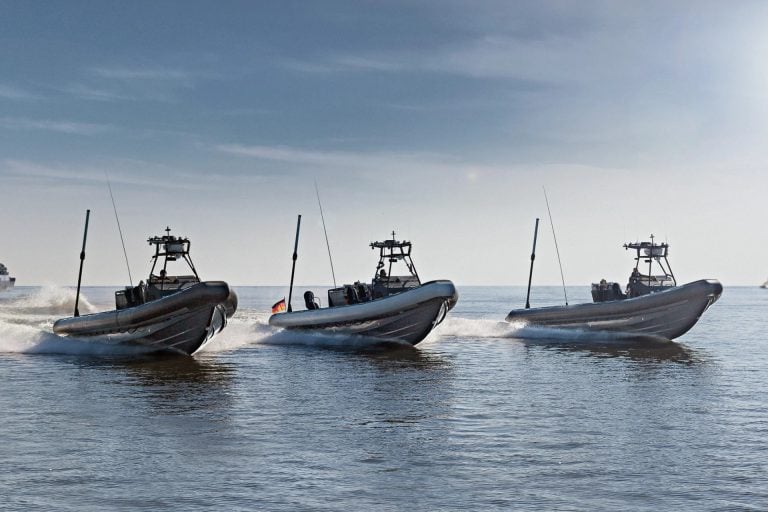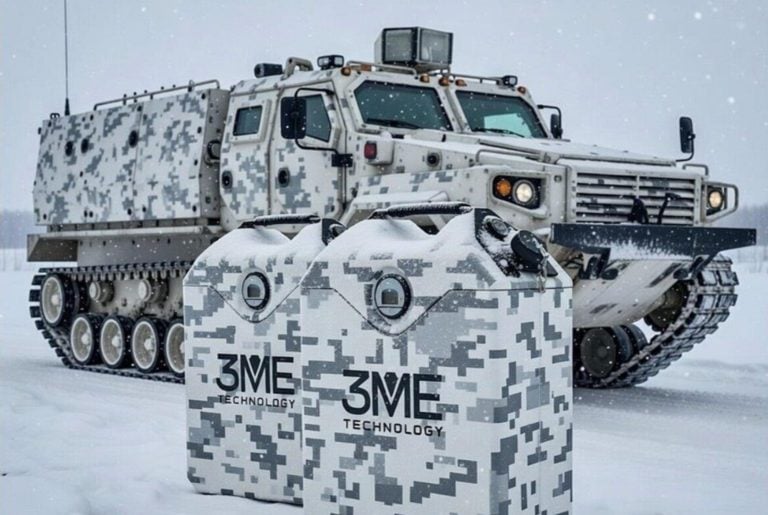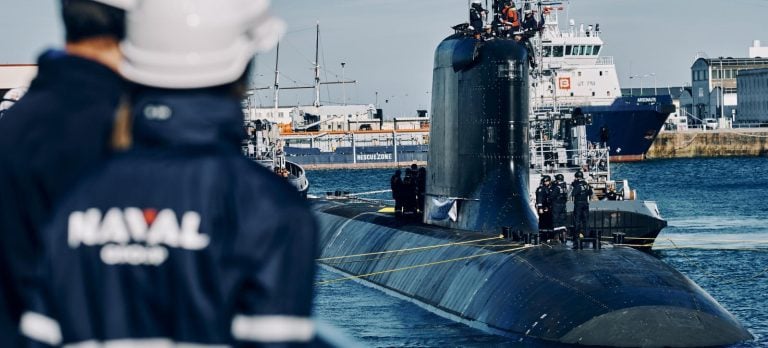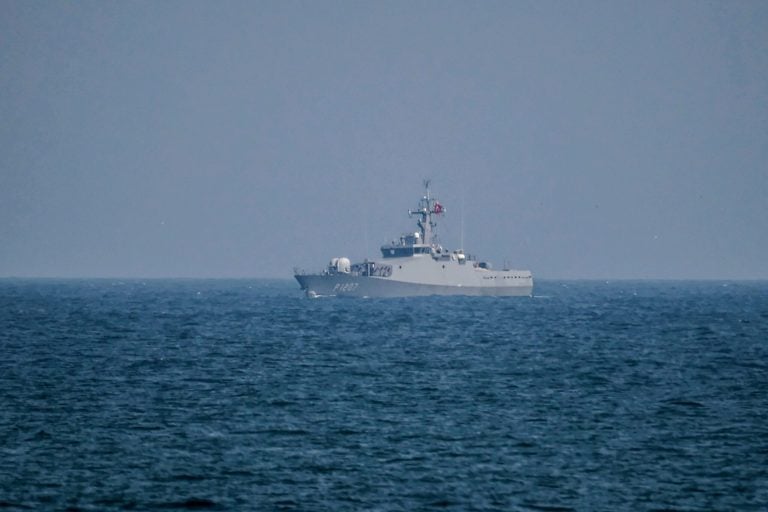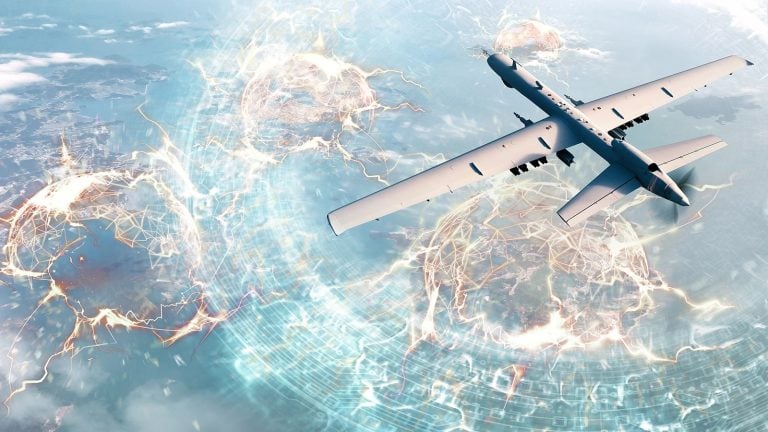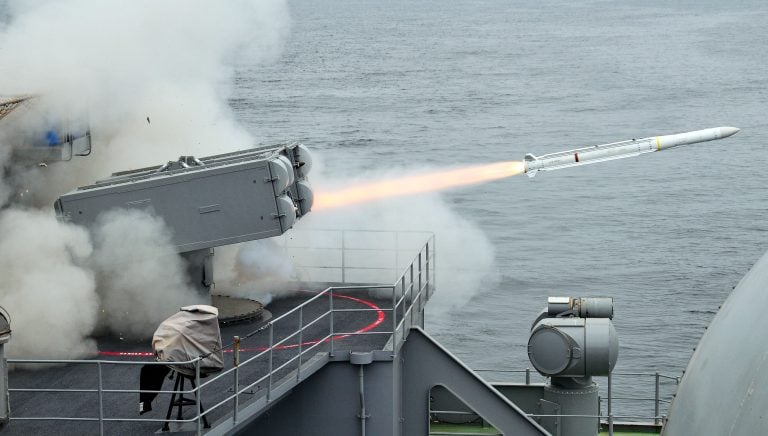Leaders from France, Britain, Germany, and Poland visited Ukraine on Saturday to hold discussions with President Volodymyr Zelensky, emphasizing their commitment to increasing pressure on Russia until a ceasefire is achieved in the ongoing conflict. This crucial meeting is part of the coalition referred to by Britain and France as “the coalition of the willing.” In a joint statement, the leaders expressed their readiness to support peace talks as soon as feasible.
Despite calls from U.S. President Donald Trump for a ceasefire, the Kremlin has shown no intention of halting its invasion. Moscow has made it clear that any truce is contingent upon the cessation of Western arms deliveries to Ukraine. Russian President Vladimir Putin previously dismissed a proposed 30-day ceasefire from Washington and Kyiv, instead declaring only limited pauses in fighting, which Ukraine has accused Moscow of violating.
On his journey to Kyiv, French President Emmanuel Macron asserted that direct talks between Ukraine and Russia could be possible once a ceasefire was established. Both Moscow and Kyiv have indicated a willingness to negotiate, yet Zelensky has maintained that such talks can only occur after a ceasefire takes effect. Currently, Russia occupies approximately 20% of Ukrainian territory, including Crimea, which it annexed in 2014, and has intensified its offensive throughout the spring.
As concerns grow over a potential significant air attack, the U.S. embassy in Kyiv warned that such an event could transpire within the upcoming days. During their visit, Macron, German Chancellor Friedrich Merz, British Prime Minister Keir Starmer, and Polish Prime Minister Donald Tusk traveled by train from Poland. It marked the first joint visit by these leaders to Ukraine, with them embracing Zelensky and later honoring fallen soldiers by placing lanterns at a memorial in central Kyiv.
For Chancellor Merz, who recently assumed office, this was his inaugural trip to Ukraine, while Macron last visited in June 2022 alongside other European leaders. The joint statement from the leaders underscored their determination for the bloodshed to cease and for Russia to stop its illegal invasion. They called for a full and unconditional 30-day ceasefire, which would pave the way for negotiations aimed at achieving a lasting peace.
The leaders further stated their intent to bolster support for Ukraine, indicating that pressure on Russia’s military would be intensified until a durable ceasefire is agreed upon. In addition, they planned a virtual meeting to inform other European leaders about initiatives to establish a European force designed to provide security for Ukraine post-war. This force would aim to help rebuild Ukraine’s armed forces following any peace agreement, thereby bolstering confidence in future accords.
Conversely, Russia warned it would not tolerate any Western military presence in Ukraine after the cessation of hostilities, claiming that such proposals could potentially ignite conflict between Moscow and NATO. This display of European unity came in the wake of Putin’s stark rhetoric during a Moscow parade commemorating 80 years since World War II victory.
In a stark response, Kremlin spokesman Dmitry Peskov indicated that arms supplies to Ukraine’s allies must end before any ceasefire could be considered viable. According to Peskov, a truce would otherwise favor Ukraine at a time when Russian forces continue to advance confidently on the front. Despite Putin having announced a unilateral three-day truce, Ukrainian forces reported that the intensity of clashes remained largely unchanged.
European leaders stress that heightened pressure is necessary on Russia to facilitate a response. Following discussions with Tusk in France, Macron advocated for the rapid formulation of a U.S.-Europe plan for the 30-day truce, which would incorporate significant economic sanctions in the event of a breach. European Commission President Ursula von der Leyen echoed this sentiment, calling for an unconditional ceasefire as a prerequisite for negotiations.
